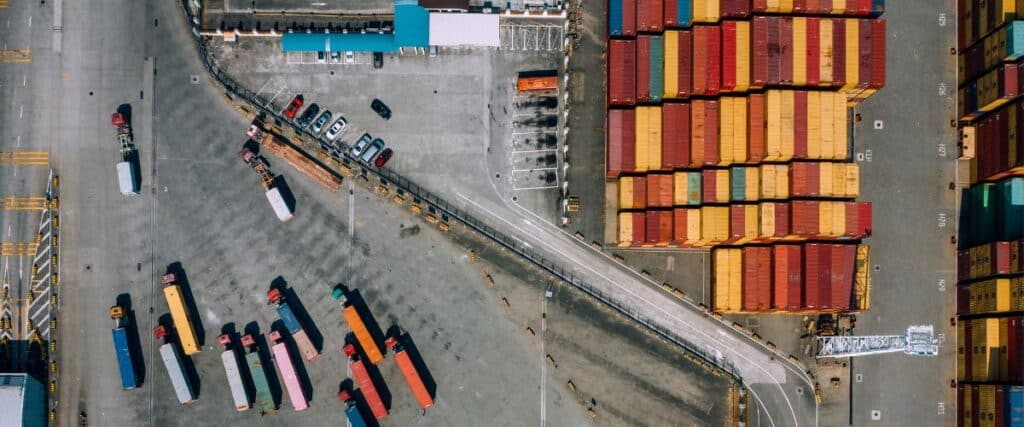Hong Kong tech consortium GSBN targets global adoption of their blockchain-based supply chain platform.
Global Shipping Business Network (GSBN), a Hong Kong-based tech consortium operates the largest blockchain-based platform offering logistics solutions.
In 2022, digital supply chain solution provider TradeLens was terminated after failing to achieve “commercial viability,” opening a gap in the market for alternative platforms leveraging blockchain technology. GSBN has now risen to become the largest blockchain-based platform and a viable alternative to TradeLens.
Just launched in 2021 in Hong Kong, GSBN is an independent, not-for-profit technology consortium which has built an infrastructure and platform harnessing advanced technologies such as blockchain, to redefine global trade. Their platform facilitates trusted collaboration between disparate and competing market participants, as well as enabling greater efficiencies and resilience. GSBN also aims to expand the global trade ecosystem by creating bridges to new market participants including banks, and FinTech companies, while supporting the development of technology-driven innovation.
GSBN’s shipping platform has partnered with major shipping players including Cosco, Orient Overseas Container Line (OOCL), and Hapag-Lloyd, alongside terminal operators such as Hutchison Ports, PSA International, and Shanghai International Port Group.
In light of recent Web3 developments, the future of blockchain-enabled supply chains is bright. Alongside GSBN, is New Zealand-based TradeWindow, and other smaller scale data platforms. Many leading logistics companies such as DHL, Kerry Logistics, Deloitte, Kuehne + Nagel, and Amazon are also working to promote their own blockchain solutions.
“When discussing trade documents and the value proposition of reducing the amount of paper used in transactions, there is definitely a cost-saving benefit. The challenge, however, lies in getting all companies on board, as the integration benefits can only be realised through a unified platform,” commented Goh Puay Guan, an associate professor of supply chain at the National University of Singapore Business School., recognising the cost and time conservation of digitising documents and processes.
There is, however, more work to be done regulating and developing universal standards for new technologies. To best accelerate adoption of blockchain technology, collaboration across the shipping and logistics supply chain will be essential to generate shared standards and value propositions.
Related Articles
Blockchain in APAC Trend Forecast
Obstacles to the Transportation and Logistics Industry
Hong Kong Logistics Firm Jumppoint Secures US$6.5M In Series A Funding Round





